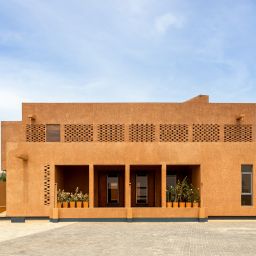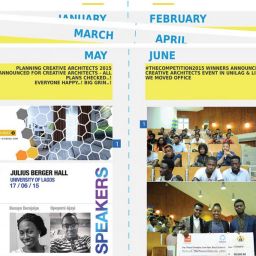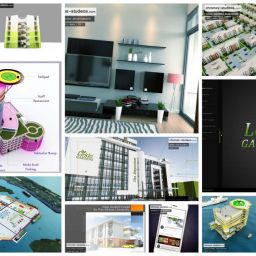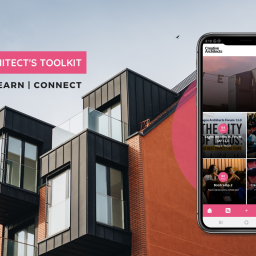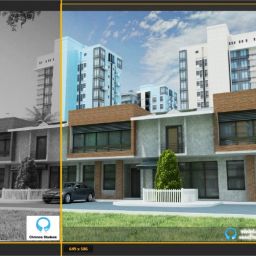
Beyond producing great design, certain skills are needed for an Architect to survive the rigour of the profession. Whenever Architecture is mentioned, it is hardly a discussion about soft skills for Architects. This time, we’ll stray from the technicalities of design and focus on these soft skills because they are also important if one has to thrive in the field of Architecture.
01.Communication
Communication is paramount to the success of projects. This involves being able to pass across relevant information when necessary and understanding important details being communicated to you. Poor communication skills make it difficult to collaborate with others and also to reach a common ground with clients. Being able to craft good and detailed emails or design iteration notes or construction site instructions, respond in timely manners to text messages or missed calls are also great ways of improving one’s reputation with colleagues and clients.
02. Emotional Intelligence
The topic of emotional intelligence is rather broad and one could rightly argue that it embodies other soft skills. While technical proficiency is awesome, the ability to properly manage your emotions as an architect will set you up for better relationships with your clients, team members, and business partners. It also has a positive effect on your personality, motivation to work and ability to achieve results. Maximizing your emotional intelligence gives you the ability understand, use, and manage your own emotions in positive ways to relieve stress, communicate effectively, empathize with others, overcome challenges and of course defuse conflict before they even arise. Remember it is easier to manage an impending conflict long before it becomes a fully blown one and conflicts between consultants, project managers, contractors and even client are possible occurrences on every project in the design and construction industry.
03. Problem Solving
Architecture involves solving problems through design. However, there is another angle, real-life events present complex issues that may sometimes require you to step away from conventional methods or improvise. Building up an effective approach to solving problems requires that you prioritize attention to details, understanding situations, and making calculated decisions. Having deep/critical thinking capabilities helps in dissecting problems into causatives and possible solutions. Remember, you are more than likely going to get paid according to the size of the problems you can solve.
04. Negotiation
How do you find a common ground with clients, contractors, consultants and teammates without the ability to negotiate? The rise of conflicting interests is inevitable in Architecture as well as other professions. This means that one must be able to strike reasonable and realistic bargains when they occur and know when to settle for mutually beneficial offers. Finding a common ground that brings everyone on the table to common agreement is highly important for the architect as most times, they are seen as the construction team lead. Negotiation is one soft skill that should not be ignored.
05.Time Management
All aspects of Architecture projects are time-based, this is why time management makes it to the top five; it does not only involve the speed at which tasks are delivered but also covers the accuracy. The effect of this is that you can prioritize your activities to ensure that deliveries are made when due. Having strong time management involves self-organization and discipline because procrastination is often an issue to tackle when it comes to timely deliveries and deadlines. Taking notes and maintaining a to-do list can greatly improve productivity.
06. Leadership
At some point in your career, you will encounter projects where you have to take the lead. A lot of other members of the design and construction team typically look up to the Architect for project leadership. Let your leadership skills prepare you for such a time. You can begin with fostering your abilities to build interpersonal relationships ranging from being influential, taking up decision making roles, coordination with others and so on which build you to become a leader. You can also read about the leadership lessons from 300 spartans.
At Chronos Studeos, we believe that the role of an Architect goes beyond project technicalities; much of the success one achieves relies on the combination of soft skills they adopt. So while you flex your Revit and 3dmax muscles, be sure to pay attention to the non-technical aspects too.
Let’s spread the awareness together, what other soft skills do you believe Architects should possess?









![a-car-sales-showroom-cars-vehicle-mitsubishi-lagos-nigeria-2[1]](https://www.chronos-studeos.com/wp-content/uploads/2020/05/a-car-sales-showroom-cars-vehicle-mitsubishi-lagos-nigeria-21-thegem-product-justified-square-s.jpg)
